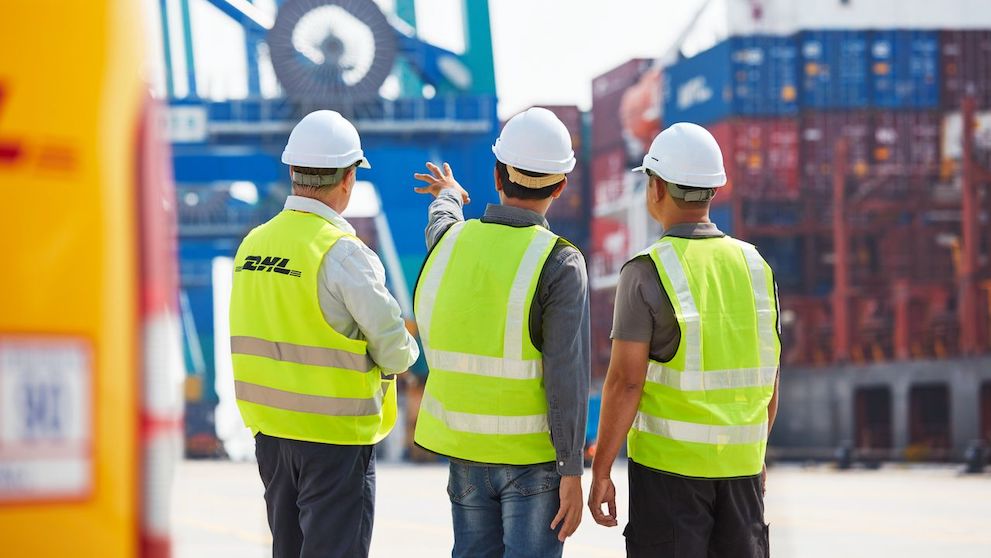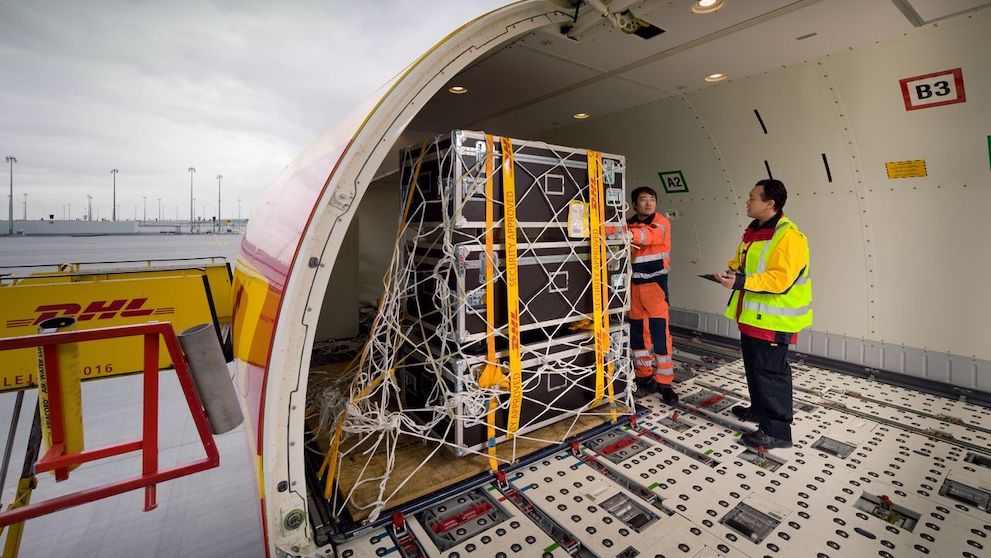Are you considering expanding your business horizons to the Netherlands? You're not alone.
The Netherlands has long been a magnet for international companies seeking a European base. After all, this small yet economically robust country is known for its open trade culture and welcoming attitude toward foreign entrepreneurs. With its strategic location within the European Union (EU) and well-developed infrastructure, the Netherlands offers a favourable environment for businesses to flourish.
To leverage the opportunities for your business, you’ll need to take the first step – understanding the intricacies of shipping to this European destination. These include navigating customs regulations, complying with trade agreements, and ensuring efficient logistics.
If you’re new to international trade, let this guide assist you in the shipping process from Singapore to the Netherlands. Dive into these insights to ensure your entry into the Dutch market is seamless.
Singapore’s top exports to the Netherlands
In order to expand your horizons into the Dutch market, it is crucial to understand Singapore's trade relationship with the Netherlands.
According to the European Commission, Singapore stands as the Netherlands' 9th largest trade partner outside the EU, with the Netherlands boasting a trade surplus of €1.3 billion in this partnership. On the other side of the ledger, Dutch imports from Singapore amount to a significant €4.4 billion.
Some of Singapore's top exports to the Netherlands, as listed by Trading Economics, include:
- Electronic Equipment
- Machinery
- Pharmaceutical Products
These exports underscore the robust trade relationship between Singapore and the Netherlands, making it an attractive proposition for businesses seeking to make their mark in this overseas market.
Leveraging Singapore’s bilateral agreements with the Netherlands
Businesses eyeing the Netherlands as a potential market can harness the advantages offered by Singapore's bilateral agreements with the country.
In this case, there are two key agreements in play: the EU-Singapore Free Trade Agreement (EUSFTA) and the Avoidance of Double Taxation Avoidance Agreement (DTA).
These agreements simplify trade, reduce tax complexities, and create a conducive environment for businesses to expand their operations in the Netherlands.
Understanding EUSFTA and its benefits
The EUSFTA is a game-changer for businesses eyeing the Netherlands as their trade partner. This agreement creates a multitude of opportunities by simplifying trade processes and reducing various barriers.
Some of the key advantages of trading with the Netherlands with EUSFTA:
- Tariff elimination: EUSFTA eliminates tariffs for 84% of all tariff lines for Singapore's originating exports to the EU. This means that key products produced or processed in Singapore, such as pharmaceuticals and Asian food products, can enter the EU without facing tariffs.
- Government procurement: Singaporean businesses can gain access to EU service sectors, including opportunities for city and municipal-level government project bids in areas like computer and telecommunication services.
- Reduced barriers: EUSFTA reduces operational costs by streamlining testing and certification procedures and eliminating non-tariff barriers in sectors like electronics, vehicles, pharmaceuticals, and medical devices.
- Intellectual Property Rights (IPR) protection: The agreement ensures enhanced IPR protection, including 70 years of copyright protection and royalties for Singapore-based producers exporting to the EU.
- Expanded market access: Singaporean businesses can access a wider range of EU service sectors, including professional services, transportation, and manufacturing.
Understanding DTA and its benefits
Bilateral tax agreements have also been established to prevent double taxation on income, capital, and other taxable units. These agreements, known as DTAs, enable companies and individuals operating in both nations to optimise their tax payments, ensuring they only pay taxes in one of the countries.
DTAs come in several types, including comprehensive DTAs, which Singapore has established with the Netherlands. Unlike Limited DTAs that only provide relief from income generated from air transport and shipping, comprehensive ones provide relief from double taxation for all income types between the two signatories.
In the case of the Netherlands–Singapore DTA, existing taxes to which this Convention shall apply are:
In the Netherlands:
- Income tax
- Wages tax
- Company tax
- Dividend tax
- Tax on fees of directors of companies
- Capital tax
In Singapore:
- Income tax








